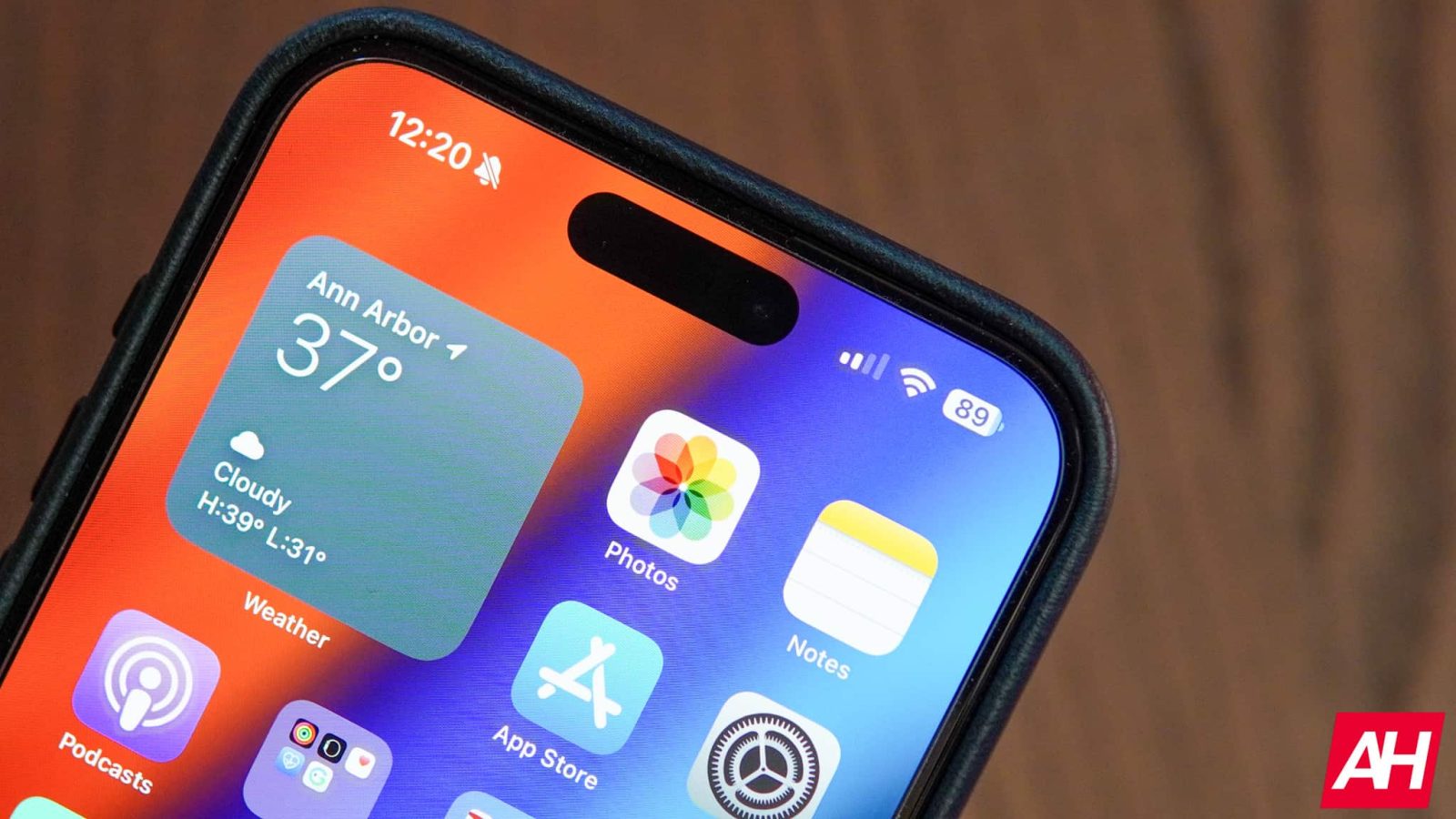Data privacy has always been a key selling point for Apple products. The company even carried its philosophy over to the implementation of AI in iPhones, which could be affecting performance. However, it seems that Apple enabled by default in iOS 18 an option that sends data from your photos to its servers without your prior consent.
A while back, Apple introduced the “Visual Look Up” feature in its Photos app. It serves to identify different objects or items in your photos, be it plants, pets, or even landmarks, among others. This then enabled Apple’s search engine to more easily reach the photos in question using keywords. iOS 18 brought “Enhanced Visual Search” as an improved version of Visual Look Up. The option is also present in the macOS 15’s Photos app.
iOS 18 “Enhanced Visual Search” sends photo data to Apple, and your consent is not required
The Enhanced Visual Search feature is available in the Photos app settings as a toggle. Its description says that if you enable it, it will “privately match places in your photos.” However, according to developer Jeff Johnson’s findings, Enhanced Visual Search isn’t as private as it seems. The feature works by creating a vector embedding of elements in a photo. This can include the characteristics of a landmark or object, for example. That metadata travels to Apple servers, which, after analyzing it, return an output in the form of possibilities from which your phone will choose the final match according to your search.
Apple is probably careful in handling the data it receives from your device. However, it is still striking that a function that sends data outside the phone is enabled by default in one of its biggest recent updates and without prior notice from the company. It seems a deviation from the Cupertino giant’s historically careful practices regarding privacy.
A potential privacy risk, according to a developer
Although Apple guarantees that Enhanced Visual Search works privately, Johnson disagrees. “if something happens entirely on my computer, then it’s private, whereas if my computer sends data to the manufacturer of the computer, then it’s not private, or at least not entirely private.” “A software bug would be sufficient to make users vulnerable, and Apple can’t guarantee that their software includes no bugs,” he added.

Leave a Reply